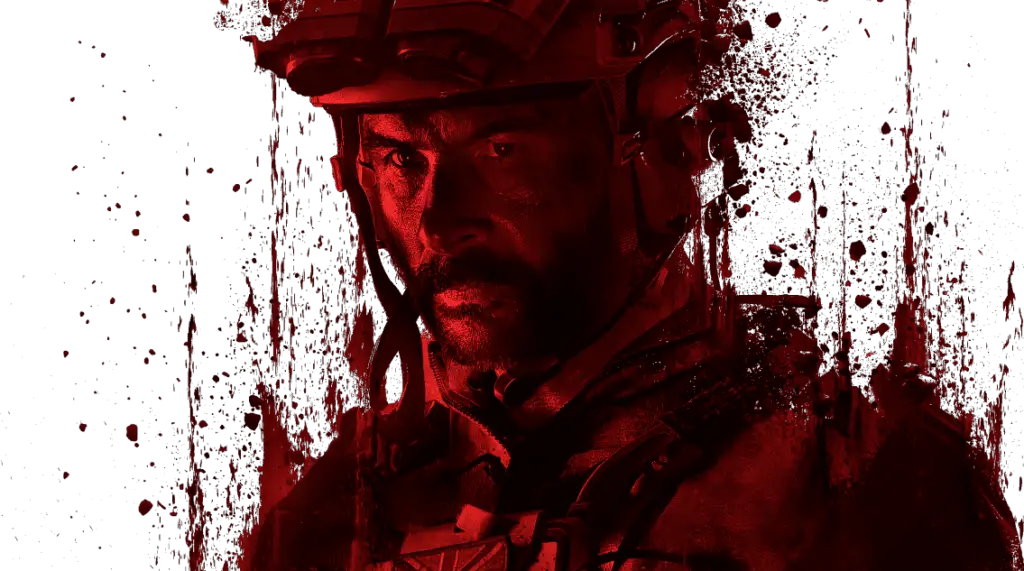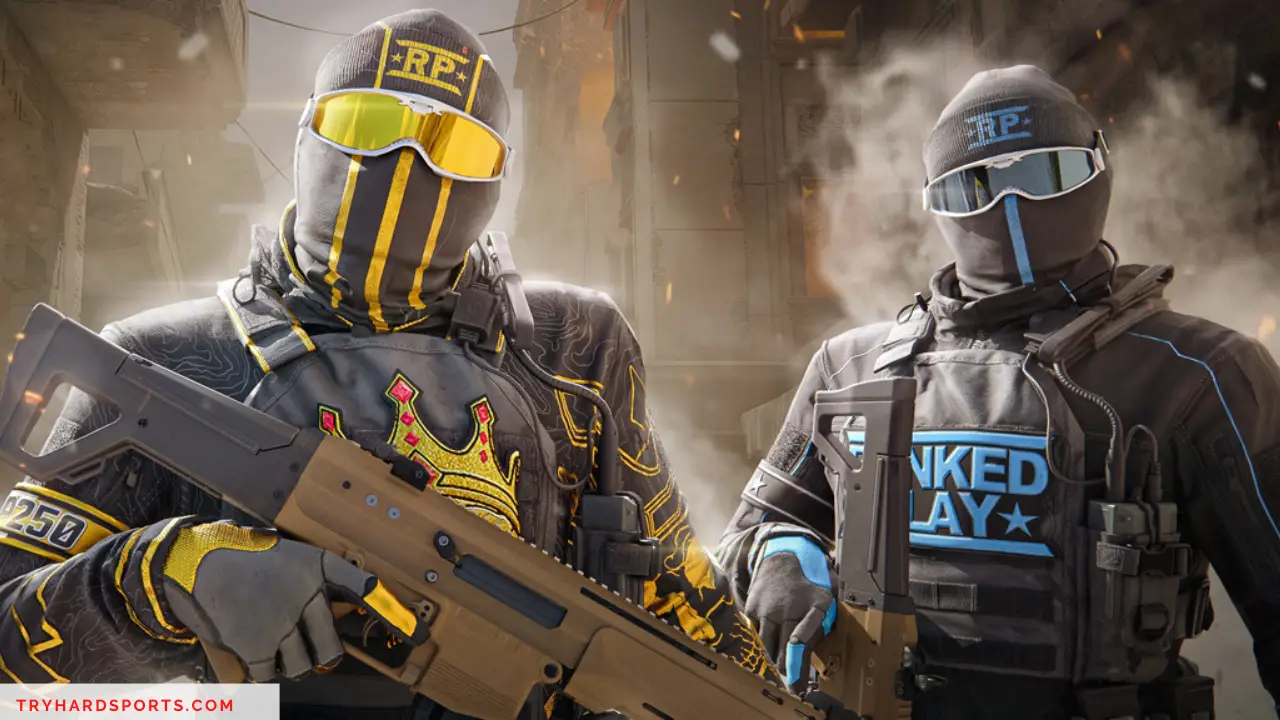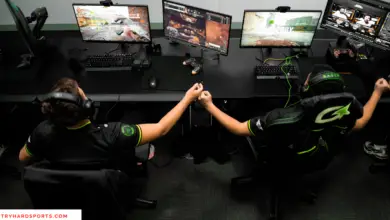MW3 and Warzone struggle with cheats and hackers; Activision fails to crack down or explain punishments, leaving CoD players suffering.
Call of Duty Hacking has plagued the CoD community for years, but the current situation in MW3 and Warzone is unprecedented. Activision‘s lack of communication regarding its strategy to combat this issue is only making matters worse, leaving players feeling frustrated and disillusioned.

The company’s approach to issuing bans appears to involve a significant degree of selectivity, with enforcement often reliant upon player-initiated reports as opposed to systematic monitoring or detection methods.
Fake, Call of Duty Hacking report:
It’s all over the place! Some folks getting punished for no reason, and CoD players are like, “What’s going on?”
The topic of cheating and the associated penalties has once again become a focal point of discussion within the gaming community, particularly in light of recent revelations regarding the inability to appeal permanent bans.
It’s a long article just enjoy Dr Disrespect‘s clip in the background:
Activision asserts unequivocally that permanent bans are non-negotiable, emphasizing the absence of “false positive” bans. Any individual subject to a permanent ban must have been conclusively proven to be engaging in cheating behaviour.
The crux of the problem lies in the lack of clarity regarding how Activision ensures the accurate detection of cheating in CoD. Moreover, Activision’s reluctance to divulge details about its detection methodologies and technological frameworks further complicates matters.
Traditionally, players have had the avenue to report instances of suspected cheating, hacking, or exploiting Activision. Following this, Activision conducts investigations and makes determinations regarding the actions to be taken against the accused parties.
Activision’s keeping mum about their investigation methods, leaving us scratching our heads about how they catch cheaters.
Fan questions on MW3 subreddit: How can bans be certain if cheating goes undetected?
Players hesitate to play, fearing wrongful reports and punishment.
One CoD player recently expressed their worry about receiving an offensive chat warning, despite having voice chat disabled since MW3. This serves as evidence of the system’s inconsistency, with players being banned unjustly. The fear of facing permanent expulsion from the game leads some individuals to consider quitting altogether.
Activision’s lack of decisive action exacerbates the problem, with plenty of talk but little tangible outcome.
Despite company claims of anti-cheat updates and mass bans, cheats persist in Call of Duty games.
This depiction presents conflicting signals, prompting doubt about the active crackdown on hackers. Despite developer claims, the presence of cheats raises questions about the efficacy of their efforts.
The lack of faith in Activision’s statements stems from ongoing cheating issues. One player articulates their frustration: “Since the update, I’ve consistently encountered a level 23 player dominating matches. Despite attempts to ban cheaters, the problem resurfaces within a short time, leading to games plagued by cheating.”
A lack of transparency implies an effort to cater to players advocating bans while dodging potential controversies, contributing to disengagement within the Call of Duty (CoD) community and posing significant challenges to the game’s sustainability.
Activision must take decisive action to combat the hacking issue in CoD. This involves either revising player identification methods or improving transparency about the current process.


